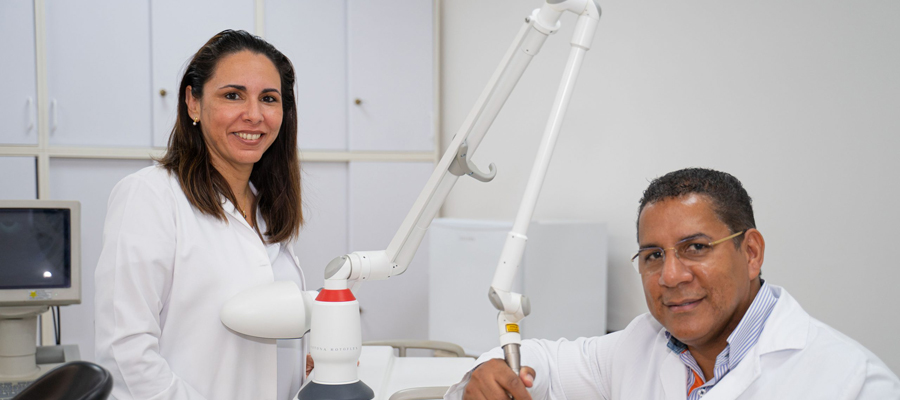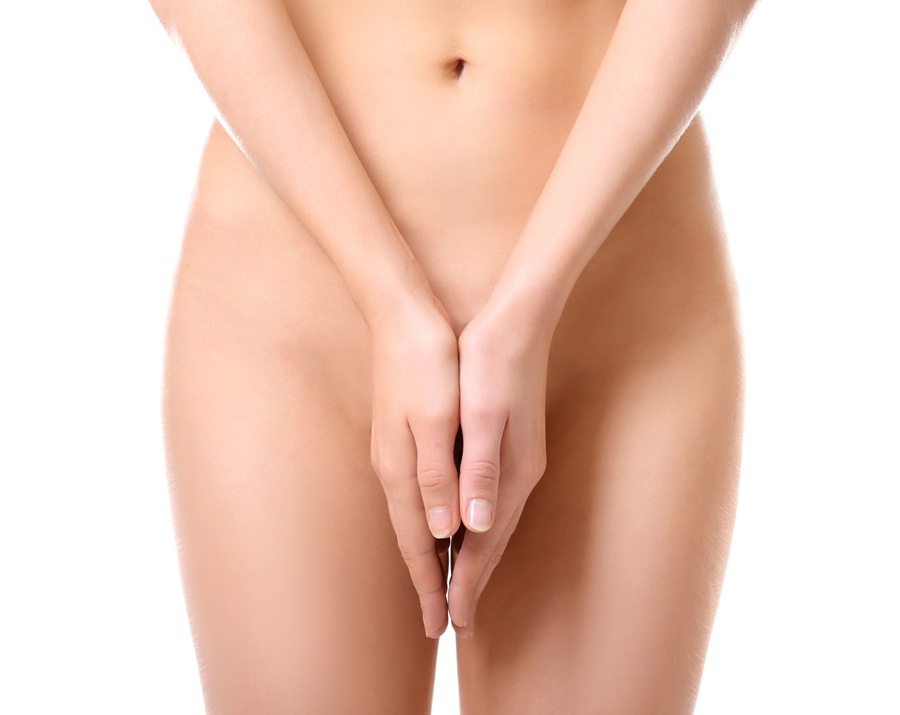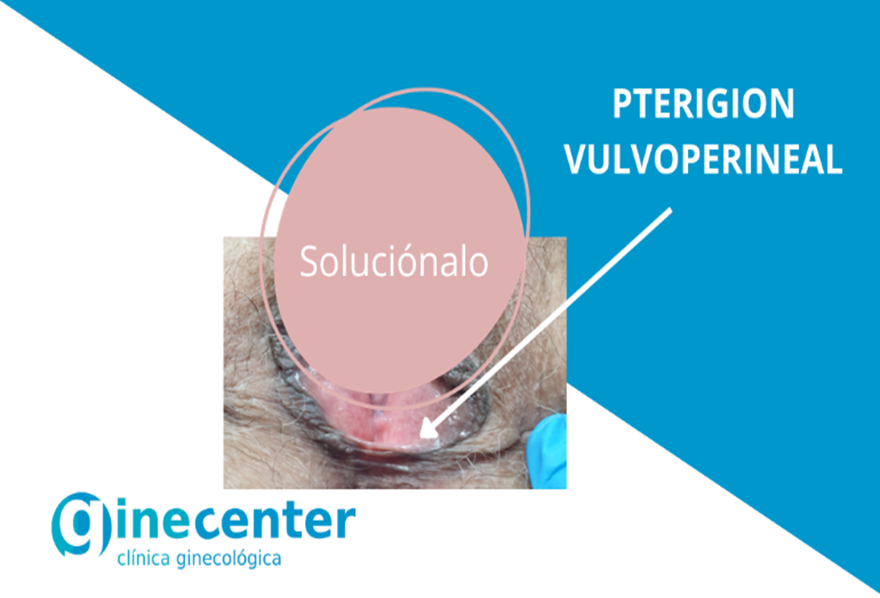Vulvovaginal atrophy (or atrophic vaginitis) is the term used to describe a collection of symptoms related to changes which occur in the vulva, vagina, and lower urogenital tract. Associated with a decrease in estrogen levels following menopause, this hypo-estrogenic condition of the female genital area brings with it a variety of anatomical, physiological, and clinical changes of the urogenital area. Clinical symptoms include vaginal dryness, irritation, pain while urinating, difficulty to maintain sexual relations and vaginal discharge, which can also appear because of certain medical treatments such as the use of contraceptives, antidepressants and due to some cancer treatments.
Thinning, dryness and paleness of the vaginal mucosa is commonly observed in postmenopausal women, associated to the flattening of the outer vaginal lips due to the loss of fatty tissue.
As the vaginal atrophy progresses, submucosal petechial bleeding may occur which causes the vagina to contract and narrow.
Around 50% of postmenopausal women currently suffer from vaginal atrophy.
This percentage may be underestimated as many women will not inform their doctor or gynaecologist.
Evidence suggests that vaginal atrophy has a profound negative impact on the sexual health and quality of life of a woman.

Doctor Madriz and Doctor Peña
Currently, localised estrogen treatments are available, however we also recommend the use of laser therapy due to it being a straightforward, pain free treatment option that produces great results and one which can substantially improve the patient’s quality of life. As documented by numerous studies, the technique has been shown to be highly effective with positive results in 80% of treated women.
The combination of localised estrogen therapy together with laser treatment results in an improvement of symptoms in 80% of cases.
We have implemented a treatment protocol in our clinic using laser therapy combined with the boosting of estrogen levels which significantly improves symptoms in the urogenital area and has shown satisfactory results in 80% of patients treated.


